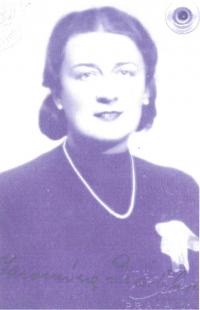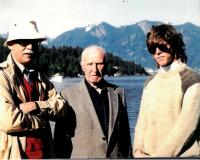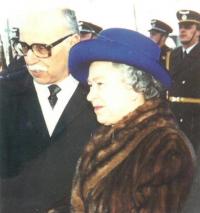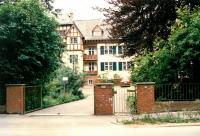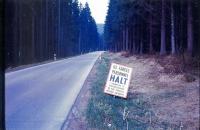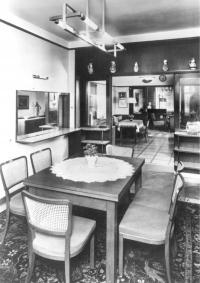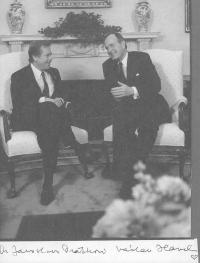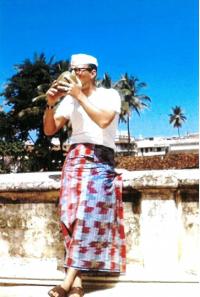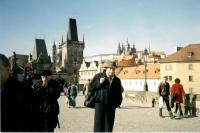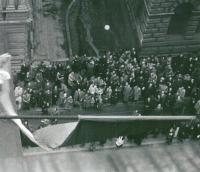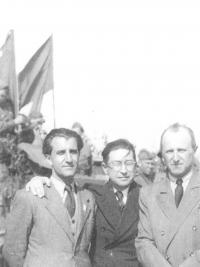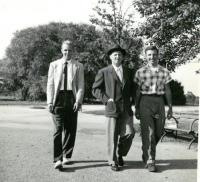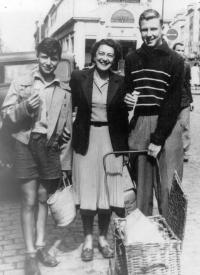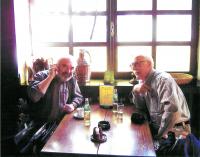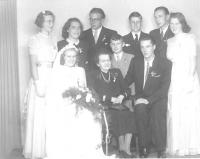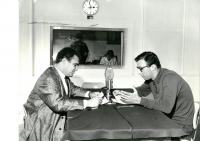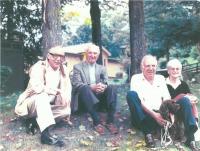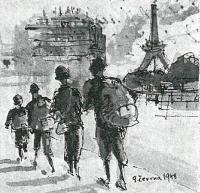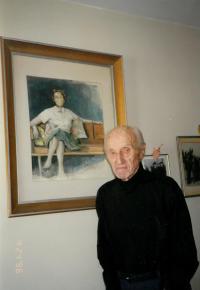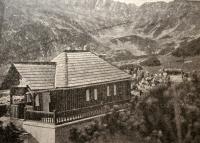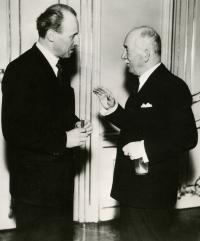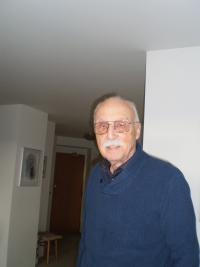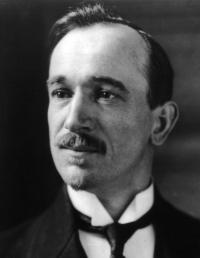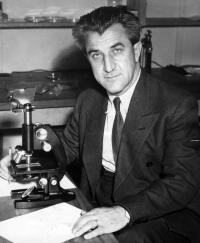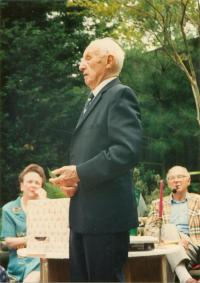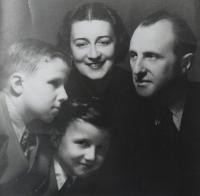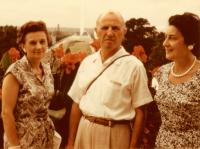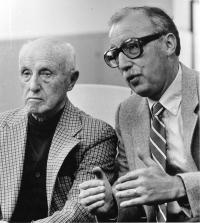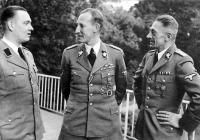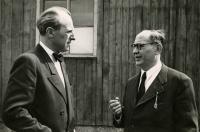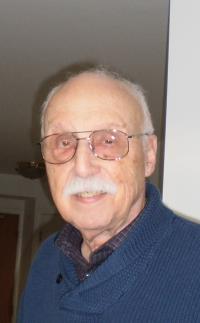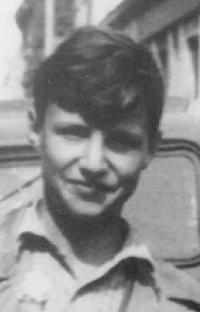Live in such a way that people will be bored when you die
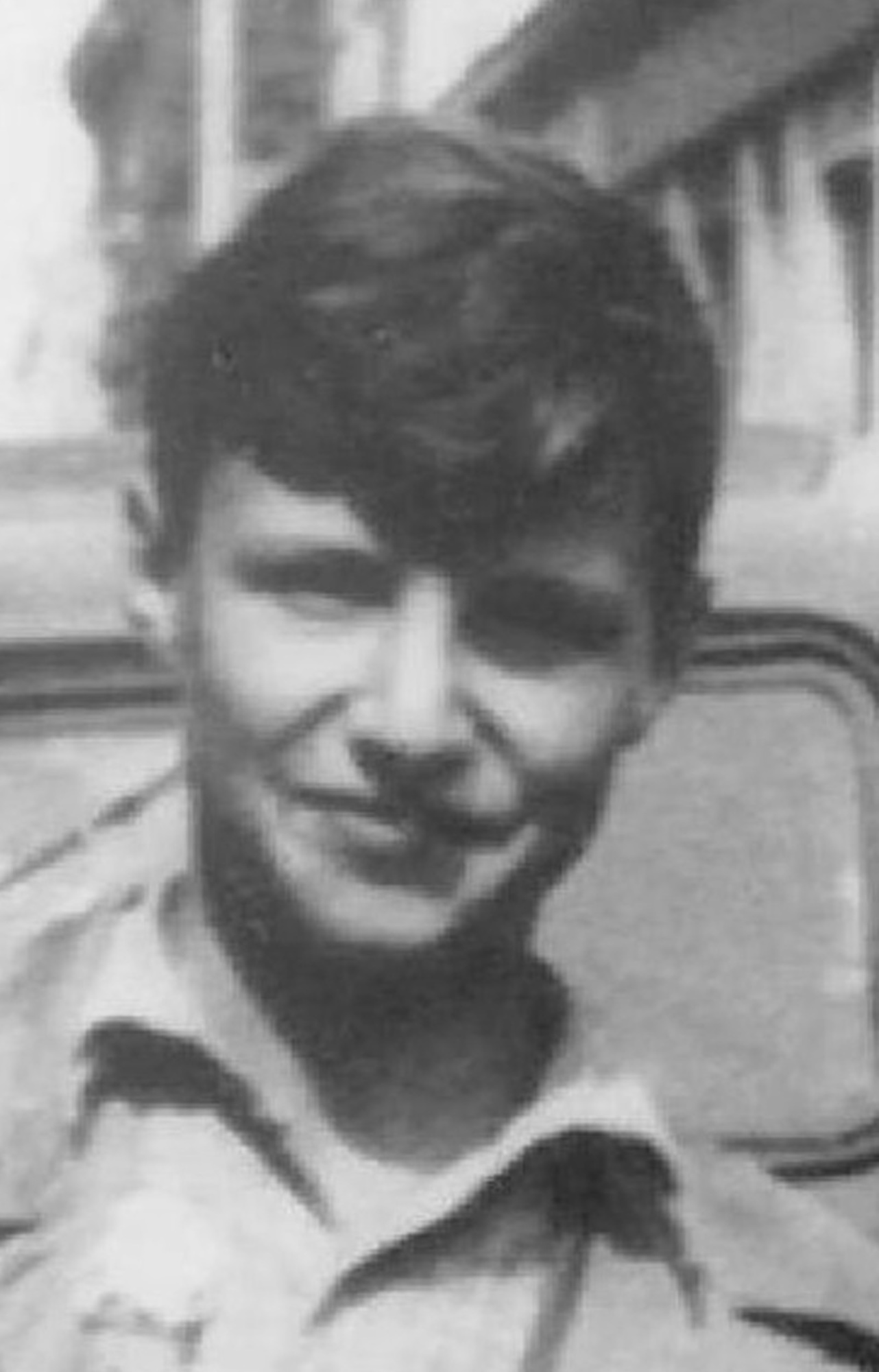
Stáhnout obrázek
Jan Drábek was born on 5th May 1935 into the family of JUDr Jaroslav Drábek, a successful lawyer, and his wife Jarmila. Among the family friends were influentials such as Peroutka, Drtina and Krajina. During the war, Jan‘s father participated in the resistance movement and was imprisoned in Pankrác and Auschwitz. Jan remembers building barricades in the May Uprising. His father was named chief prosecutor in the process with K.H. Frank. For a year, Jan studied in Poděbrady in the same school as Václav Havel and Miloš Forman. In March 1948 the Drábeks emigrated by skiing to Bavaria. In September of the same year they sailed to New York. Jan served in the US Navy, was an anouncer in the Radio Free Europe, and studied in India for a year. He settled in Canada but returned to Czechoslovakia with his wife in the early 1990s to teach English at the Ministry of Foreigh Affairs. Later he was offered the post of Czechoslovak ambassador to Kenya and then to Albania. He worked as a head of the diplomatic protocol before he finally returned to Canada in 1998. Since then he has devoted his time to writing.
